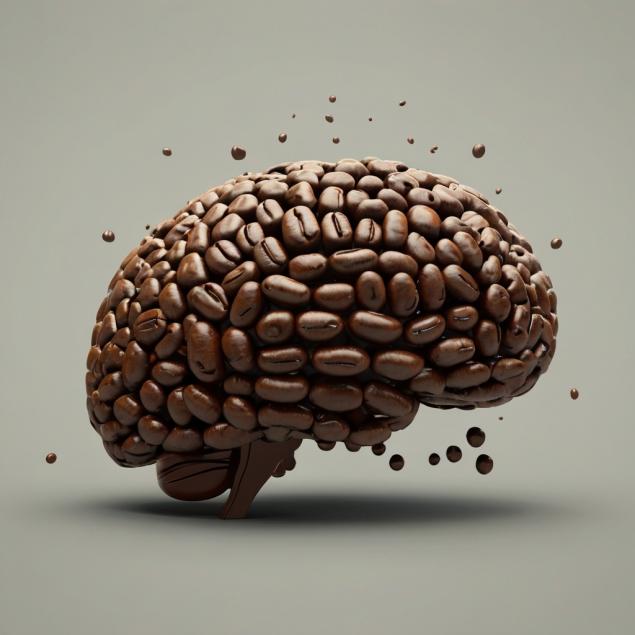201
What Happens to Your Body When You Drink Coffee Every Day

Introduction: Coffee as part of our lives
Coffee is not just a drink, it is a ritual that accompanies us every morning. The aroma of freshly brewed coffee awakens, gives a feeling of comfort and readiness for a new day. But what happens to our bodies when we drink coffee every day for years? Let’s take a look at how this popular drink affects our body in the long run.
Coffee and the brain: alertness or dependence?
The caffeine in coffee is a stimulant of the central nervous system. It blocks adenosine receptors, which leads to a decrease in fatigue and increased concentration. Regular consumption of coffee can lead to tolerance. This means that over time, you will need more caffeine to achieve the same effect.
Research suggests that moderate coffee consumption (3-4 cups a day) may reduce the risk of neurodegenerative diseases such as Alzheimer’s and Parkinson’s. However, excessive use can cause anxiety, insomnia and even dependence.

Heart and blood vessels: benefit or harm?
Caffeine temporarily raises blood pressure and heart rate. For a healthy person, this is not a serious threat, but people with cardiovascular disease should be careful. Long-term studies show that moderate coffee consumption does not increase the risk of heart disease. On the contrary, the antioxidants contained in coffee can improve vascular health.
However, it is important to remember that the reaction to caffeine is individual. If you notice heart palpitations or discomfort after drinking coffee, it may be worth reducing it or switching to low-caffeine drinks.
Digestion and metabolism
Coffee stimulates the production of gastric juice, which can improve digestion. However, in people with a sensitive stomach, this can cause heartburn or exacerbation of gastritis. In addition, coffee has a mild laxative effect, which is due to its ability to stimulate intestinal peristalsis.
As for metabolism, caffeine accelerates metabolism and promotes fat burning. That is why it is often included in weight loss supplements. However, do not rely on coffee as the only means to lose weight – a balanced diet and physical activity are important.

Emotional state and sleep
Coffee can improve mood because it stimulates the production of dopamine, the “pleasure hormone.” However, excessive use can lead to the opposite effect: irritability, anxiety and even depression. In addition, caffeine remains in the body for up to 6 hours, so drinking coffee in the afternoon can disrupt sleep.
If you notice that coffee is preventing you from falling asleep, try limiting it to the morning hours or go to the decaf.
Long-term effects: What do studies say?
Numerous studies confirm that moderate coffee consumption (3-4 cups per day) is associated with a number of positive effects:
- Reducing the risk of type 2 diabetes.
- Reducing the likelihood of liver disease, including cirrhosis and cancer.
- Increased life expectancy through antioxidants.
How to drink coffee with health benefits?
Coffee is a drink that can bring both benefits and harm, depending on how and in what quantities it is consumed. If you’ve been drinking coffee for years, it’s important to monitor your condition and adjust your habits if necessary. Moderation, attention to your body and quality coffee are the keys to enjoying this drink without harm to your health.
How to behave properly during an argument: 10 golden tips
We cannot ignore: Why Unsolved Problems Can't Live























